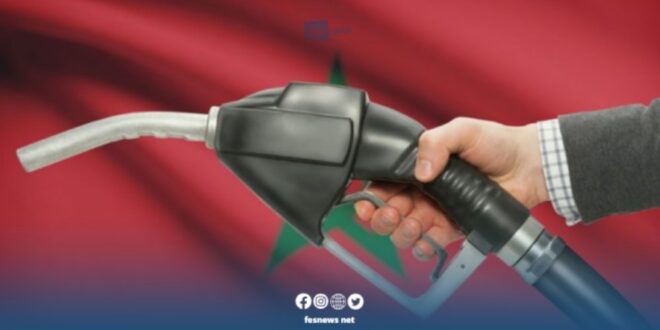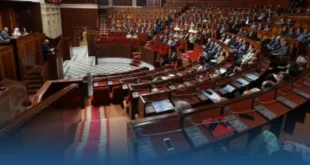Global oil markets witnessed a sharp increase in prices over the past week, following the Iranian attack on Israel, raising concerns about potential repercussions on fuel prices in Morocco and other non-oil-producing countries.
In this context, Hussein Al-Yamani, Secretary-General of the National Union of Petroleum and Gas, stated that the price of a barrel of oil has risen by more than $10 in just one week, at a rate exceeding one dollar per day. Al-Yamani warned that this increase could lead to a significant rise in petroleum product prices, especially diesel, of which Morocco consumes more than 6 million tons annually.
The union official pointed out that if escalation continues in the Middle East region, non-oil-producing countries may face supply crises and a sharp rise in prices, expecting price levels to exceed those seen at the beginning of the Russian-Ukrainian war in early 2022.
Al-Yamani cautioned that the price of a liter of diesel in Morocco could rise to more than 15 dirhams, despite American attempts to increase crude oil production to lower prices. He explained that these efforts aim to economically pressure Russia and avoid negative effects on the upcoming U.S. elections in November.
Al-Yamani called on the Moroccan government to deal seriously with these developments, emphasizing the need to increase national reserves of petroleum products and reactivate the oil refining industry in the country. He criticized what he described as “laxity” in implementing the law related to providing legal reserves, considering that merely building empty tanks and constructing distribution stations in rural areas will not protect Morocco from the repercussions of disruptions in global energy markets.
These warnings come amid increasing geopolitical tensions in the Middle East region and their potential impacts on global energy markets, which poses new challenges for governments to ensure energy security and protect consumers from sharp price fluctuations.
 فاس نيوز ميديا جريدة الكترونية جهوية تعنى بشؤون و أخبار جهة فاس مكناس – متجددة على مدار الساعة
فاس نيوز ميديا جريدة الكترونية جهوية تعنى بشؤون و أخبار جهة فاس مكناس – متجددة على مدار الساعة













